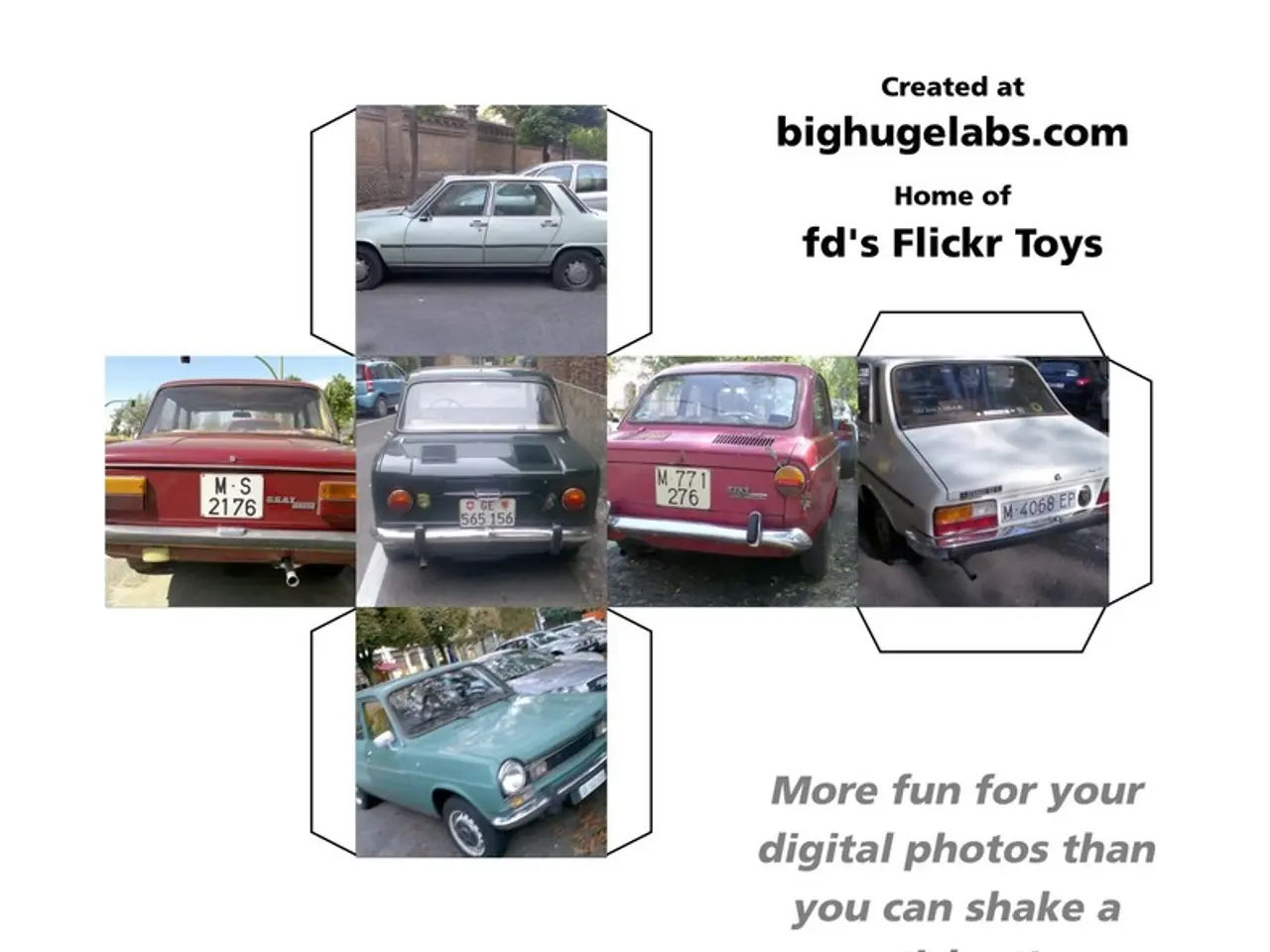Software takes center stage in automotive industry growth: Study reveals trends
The automotive industry is undergoing a significant transformation, with the focus shifting from speed to intelligence. According to recent surveys, only 15% of automotive firms have fully achieved a complete organizational overhaul for software-driven mobility (SDM) initiatives, while 92% of companies agree that every carmaker will eventually become a software company.
The race is no longer about who makes the fastest car, but who builds the smartest system. The transformation required for a software-driven mobility strategy could be the most disruptive since mass production in the automotive industry. Nearly two in five carmakers are already working with big tech and hyperscalers for cloud and data capabilities, but a third plan to set up joint ventures with tech companies within three years.
One major hurdle in the automotive industry is the old problem of hardware and software being tightly bound. Most organizations (86%) believe a software-driven mobility strategy demands a complete organizational overhaul, and 86% of them also highlight the necessity of decoupling hardware and software for successful SDM initiatives. Only one in ten original equipment manufacturers has made real progress in decoupling hardware and software.
The industry is expected to undergo a structural overhaul, involving rewriting processes, retraining engineers, and building new platforms for unified software development across vehicles and services. A third of automotive firms have only partially scaled their SDM initiatives, indicating a wide gap between ambition and execution.
AI is expected to play a crucial role in this transformation. AI is expected to cut costs, boost efficiency, and shape new mobility services in the automotive industry. 85% of respondents view artificial intelligence as critical in the industry's software strategy.
The supply chains in the automotive industry are also being reworked. Geopolitical resilience is a key concern, with India, Southeast Asia, and Eastern Europe emerging as new sourcing hubs. 70% of companies are building software capabilities in-house to maintain control over brand-defining technologies.
One notable collaboration is between Volkswagen Group and Rivian in a joint venture called Rivian and Volkswagen Group Technologies. They jointly procure advanced semiconductors, sharing responsibility for over 50 semiconductor categories to improve cost, supply security, procurement efficiency, and innovation.
The survey highlights that nearly two in five carmakers are already working with big tech and hyperscalers for cloud and data capabilities, but a third plan to set up joint ventures with tech companies within three years. However, specific other manufacturers were not explicitly mentioned in the search results.
In conclusion, the automotive industry is on the brink of a significant transformation, with software-driven mobility initiatives becoming the norm. The industry is facing challenges, but the potential benefits, including cost savings, increased efficiency, and new mobility services, make the transition worthwhile.
Read also:
- Industrial robots in China are being installed at a faster rate than in both the United States and the European Union, as the global market for these robots faces a downturn.
- Hyundai N affirms transition to hybrid performance-centric models, initiating with Tucson N
- EAFO Research Uncovers Crucial Elements in Electric Vehicle Adoption within the EU
- Stock markets in India anticipated a moderate opening, influenced by mixed signals from global markets.








